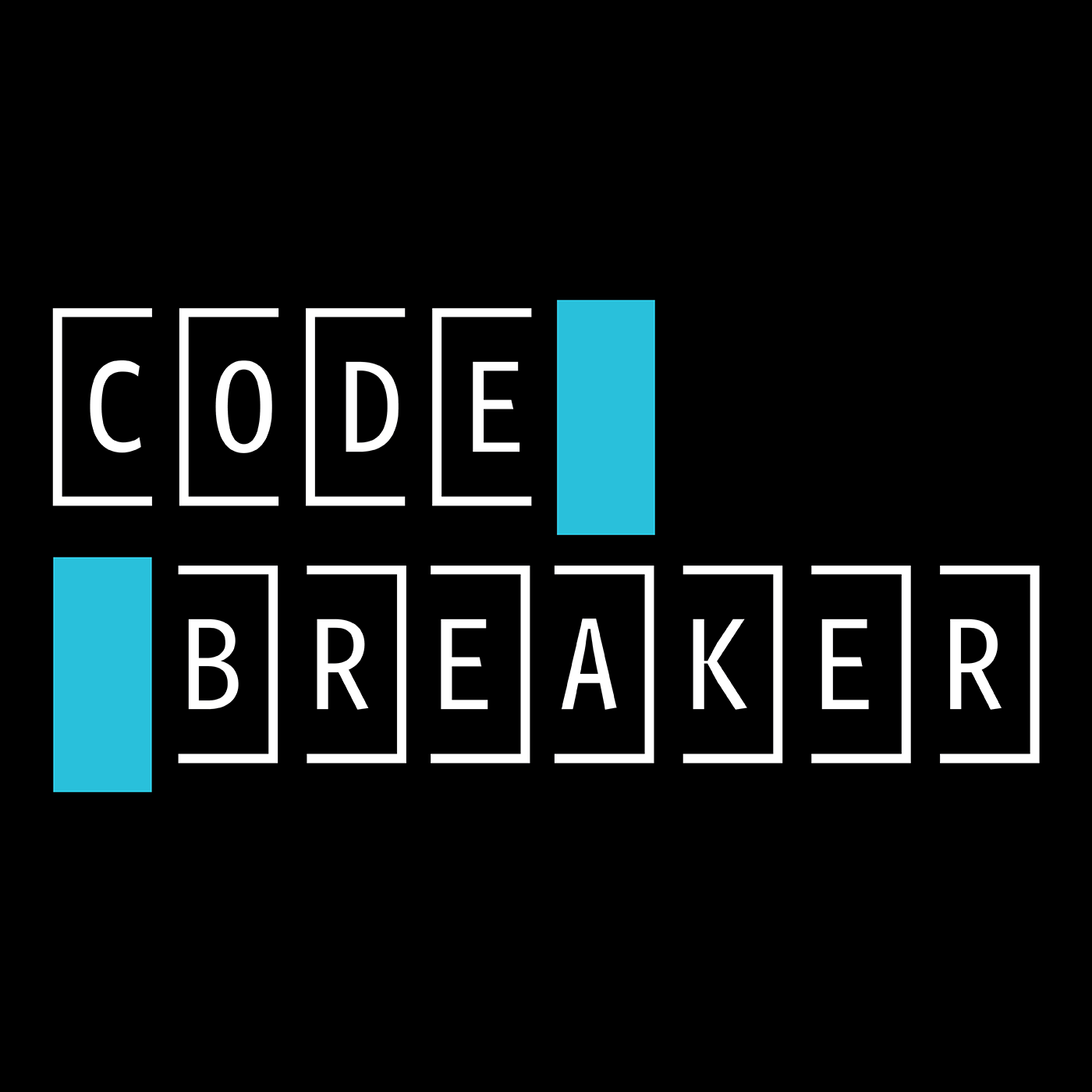Say What? Home-Buying Lingo You Should Know
Read latest blogs and articles from Housystan

The Information mentioned here was last updated on:
17/2/2026Say What? Home-Buying Lingo You Should Know
Understanding Real Estate Jargon: Why It Matters
Embarking on the journey to buy your first home is both exciting and intimidating. At the heart of the process lies a maze of unfamiliar terms and phrases that can be overwhelming, especially for first-time buyers. From “escrow” to “appraisal,” the language of real estate is full of industry-specific jargon. Learning these terms isn’t just about sounding smart; it’s about making informed decisions and protecting your investment. Let’s break down the essential home-buying lingo you’ll encounter—and why knowing them can make all the difference.
- Verified Tenants/Buyers
- Unlimited Property Listing
- Zero subscription/charges fee
The Key Players: Who’s Who in a Home Purchase
Before diving into contracts and negotiations, it’s crucial to understand the roles of each party involved in a real estate transaction. The buyer (that’s you!) works with a buyer’s agent, a licensed professional who represents your interests. On the other side is the seller and their listing agent, whose main role is to get the best deal for the seller. Sometimes, a dual agent represents both parties, but this can be tricky due to potential conflicts of interest.
Pre-Approval vs. Pre-Qualification: Setting Your Budget
One of the first steps to buying a home is figuring out how much you can afford. Two common terms—pre-qualification and pre-approval—are often confused. Pre-qualification is a basic estimate based on self-reported financial information. It gives you a ballpark figure but isn’t a guarantee. Pre-approval, on the other hand, involves submitting financial documents to a lender for a more thorough review. A pre-approval letter carries more weight and signals to sellers that you’re a serious and qualified buyer.
Down Payment, Earnest Money, and Closing Costs: The Upfront Expenses
When buying a home, several upfront expenses are involved. The down payment is the percentage of the purchase price you pay in cash. The rest is typically financed through a mortgage. Earnest money is a deposit you submit with your offer, showing the seller you’re committed. If the deal falls through for a valid reason, you usually get it back. However, backing out without cause can mean forfeiting this sum. Closing costs cover fees for services like appraisals, credit checks, and title searches, usually totaling 2-5% of the home’s price.
Escrow and Title: Safeguarding Your Investment
Once your offer is accepted, the transaction enters escrow. This is a neutral third-party account that holds funds and documents until all conditions are met. It helps ensure both buyer and seller fulfill their contractual obligations. Meanwhile, a title search is conducted to confirm the property’s legal ownership and uncover any claims or liens. Securing title insurance protects you from potential ownership disputes down the line.
Contingencies: Protecting Your Interests
Most purchase agreements include contingencies—conditions that must be met for the sale to proceed. Common examples include the home inspection contingency, which allows you to back out or renegotiate if significant issues are discovered, and the financing contingency, which gives you an out if your mortgage isn’t approved. Understanding these clauses can prevent costly surprises and give you peace of mind.
Appraisal and Inspection: Assessing Value and Condition
Before closing, two crucial steps take place: the appraisal and the inspection. An appraisal is an independent assessment of a property's value, usually required by the lender to ensure the home is worth the loan amount. A home inspection is a thorough evaluation of the property’s condition, covering everything from the roof to the foundation. While an appraisal protects the lender, an inspection protects you, the buyer, from potential pitfalls.
Loan Types: Conventional, FHA, and VA Explained
Choosing the right mortgage is one of the most significant decisions you’ll make. Conventional loans are not insured by the government and typically require higher credit scores and down payments. FHA loans, backed by the Federal Housing Administration, offer more lenient requirements, making them popular with first-time buyers. VA loans are available to eligible veterans and offer perks like zero down payment and competitive interest rates.
Amortization and PMI: Long-Term Mortgage Terms
Amortization refers to the process of paying off your mortgage through regular, scheduled payments over time. Early payments are interest-heavy, while later ones pay down the principal. If your down payment is less than 20%, you may be required to pay Private Mortgage Insurance (PMI), which protects the lender in case of default. Knowing how these work helps you budget—and potentially save—over the life of your loan.
Underwriting and Closing Disclosure: The Final Steps
Once your loan application is in, it goes through underwriting, where the lender verifies your financial information and assesses risk. After approval, you’ll receive a Closing Disclosure at least three days before settlement. This document outlines the final terms of your mortgage, closing costs, and other important details. Review it carefully to avoid last-minute surprises.
Settlement and Recording: Sealing the Deal
The last step in the home-buying process is settlement or closing. This is when ownership officially transfers from seller to buyer. You’ll sign a stack of documents, pay any remaining fees, and receive the keys to your new home. The transaction is then recorded with the local government to make your ownership official.
Conclusion: Empowering Yourself with Knowledge
Navigating the real estate market can feel like learning a new language. But with a clear understanding of these common home-buying terms, you’ll be better equipped to make smart decisions and advocate for your interests. Remember, your real estate agent and lender are there to answer questions, so don’t hesitate to ask for explanations along the way. With the right knowledge, you’ll move from confused to confident as you unlock the door to your new home.